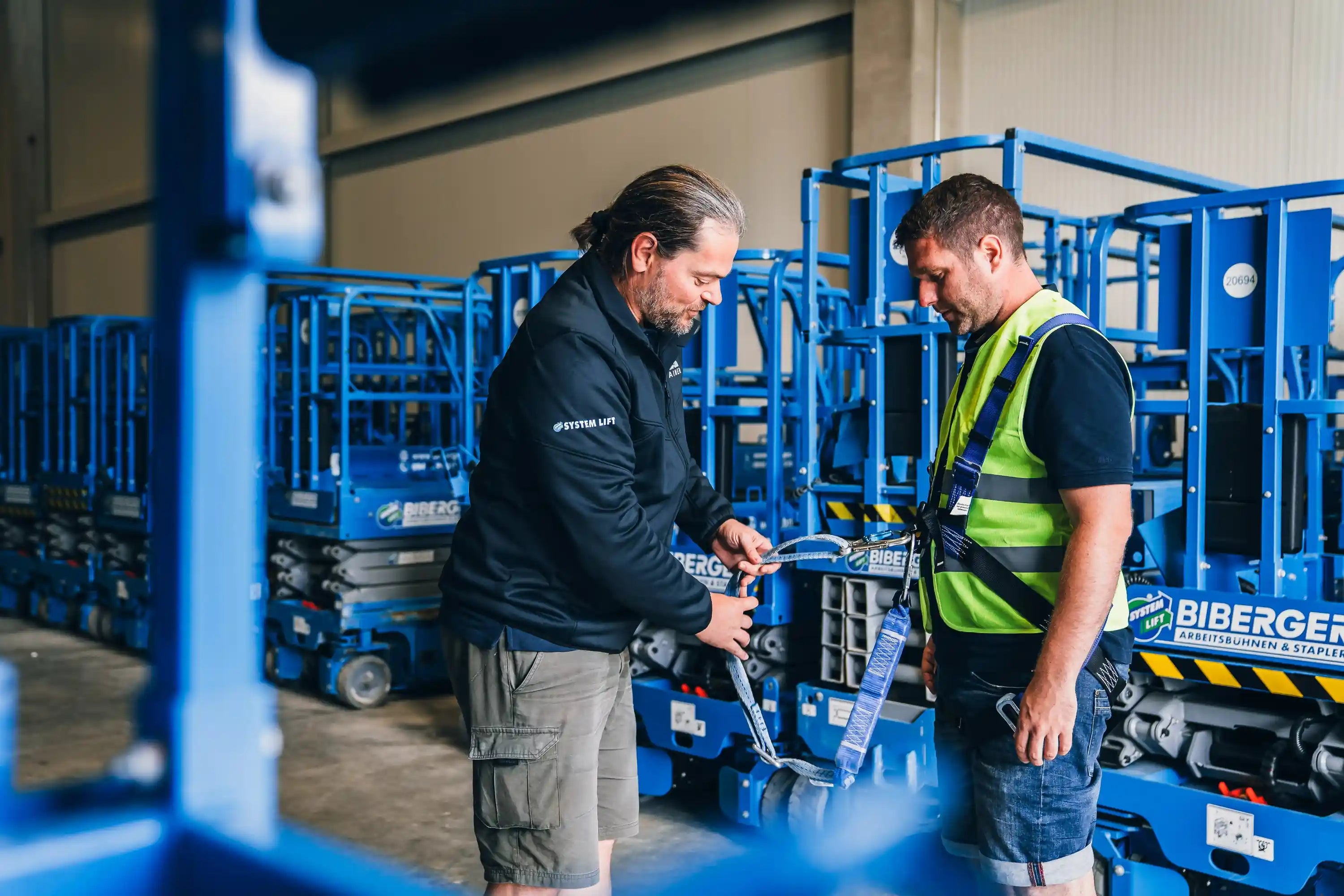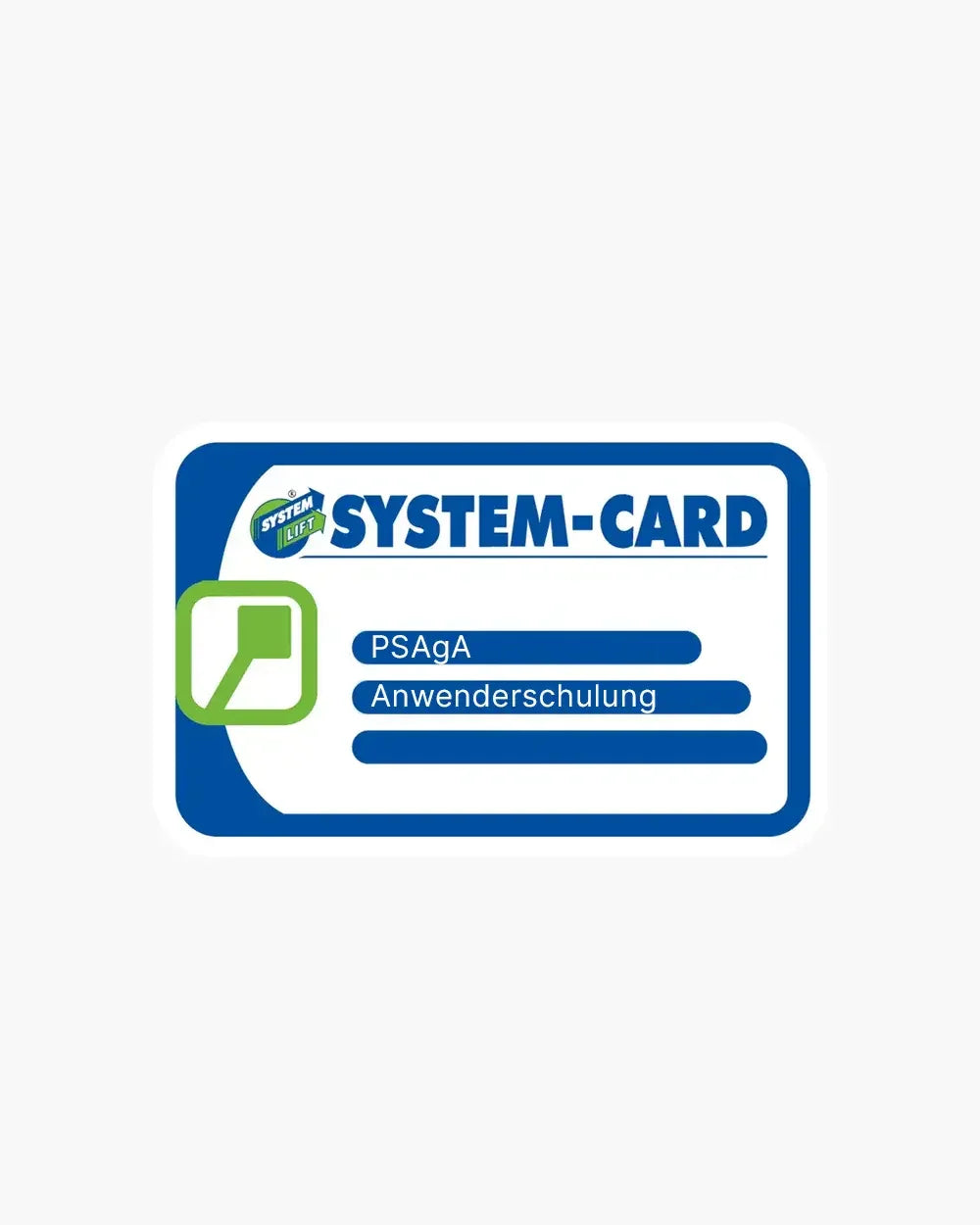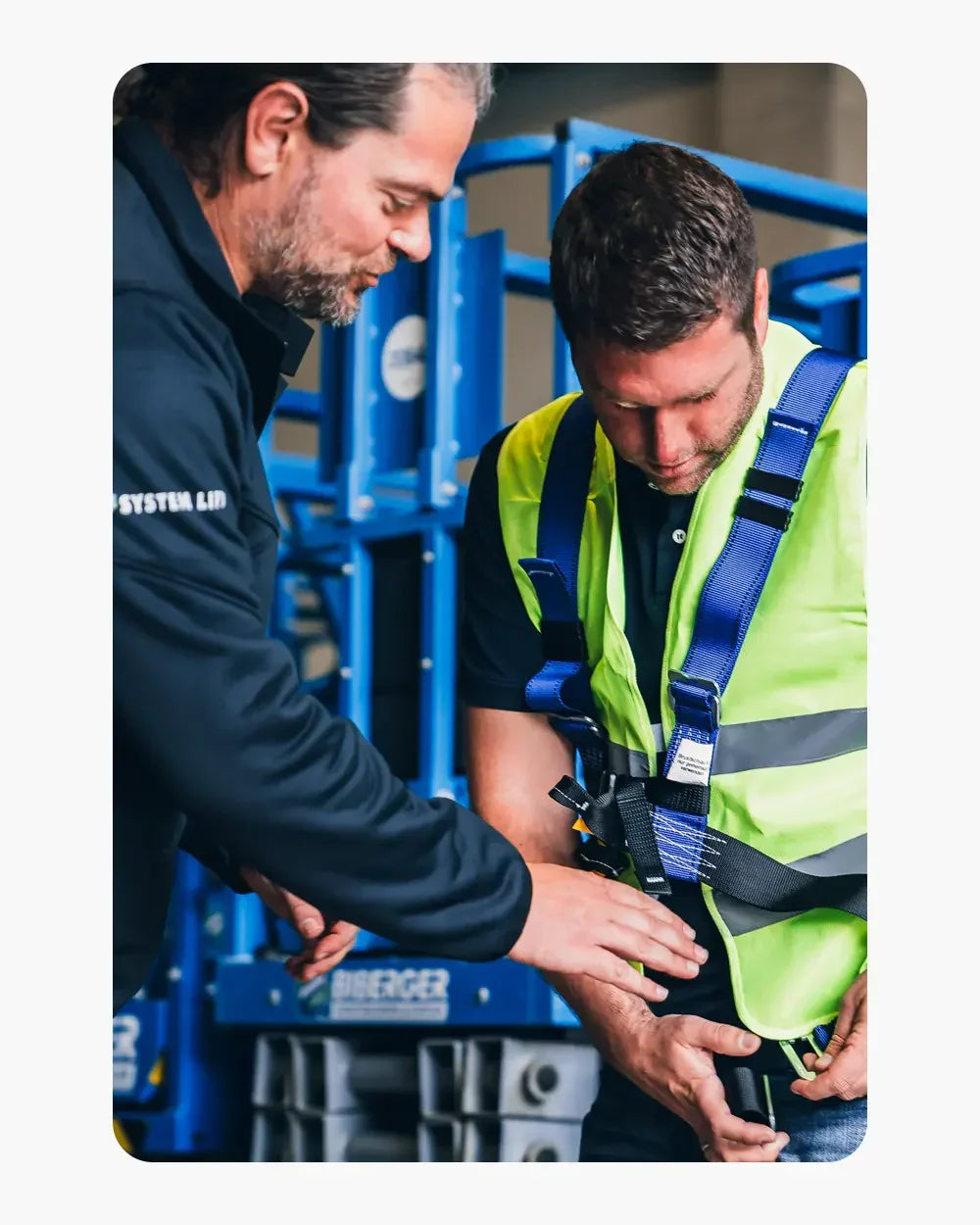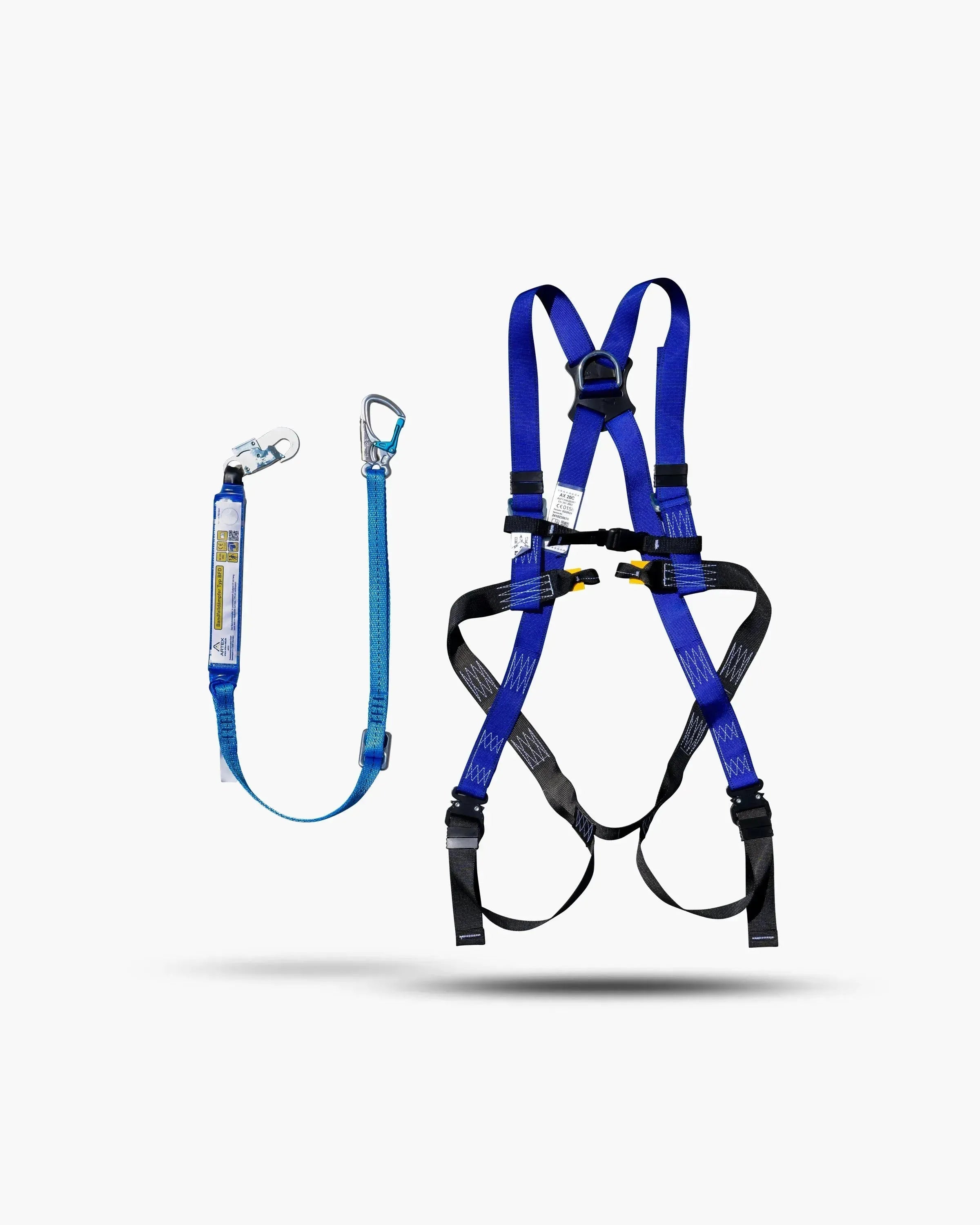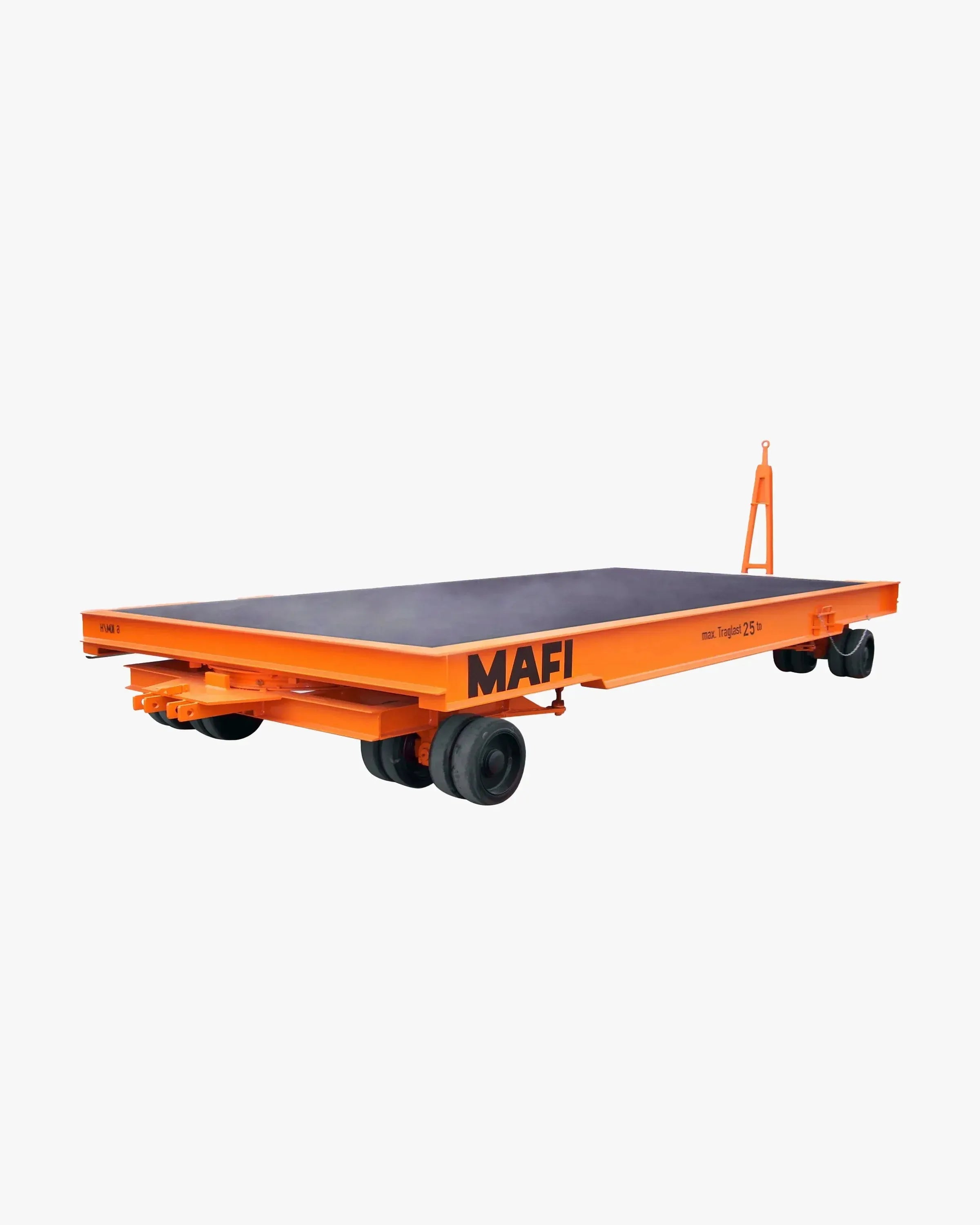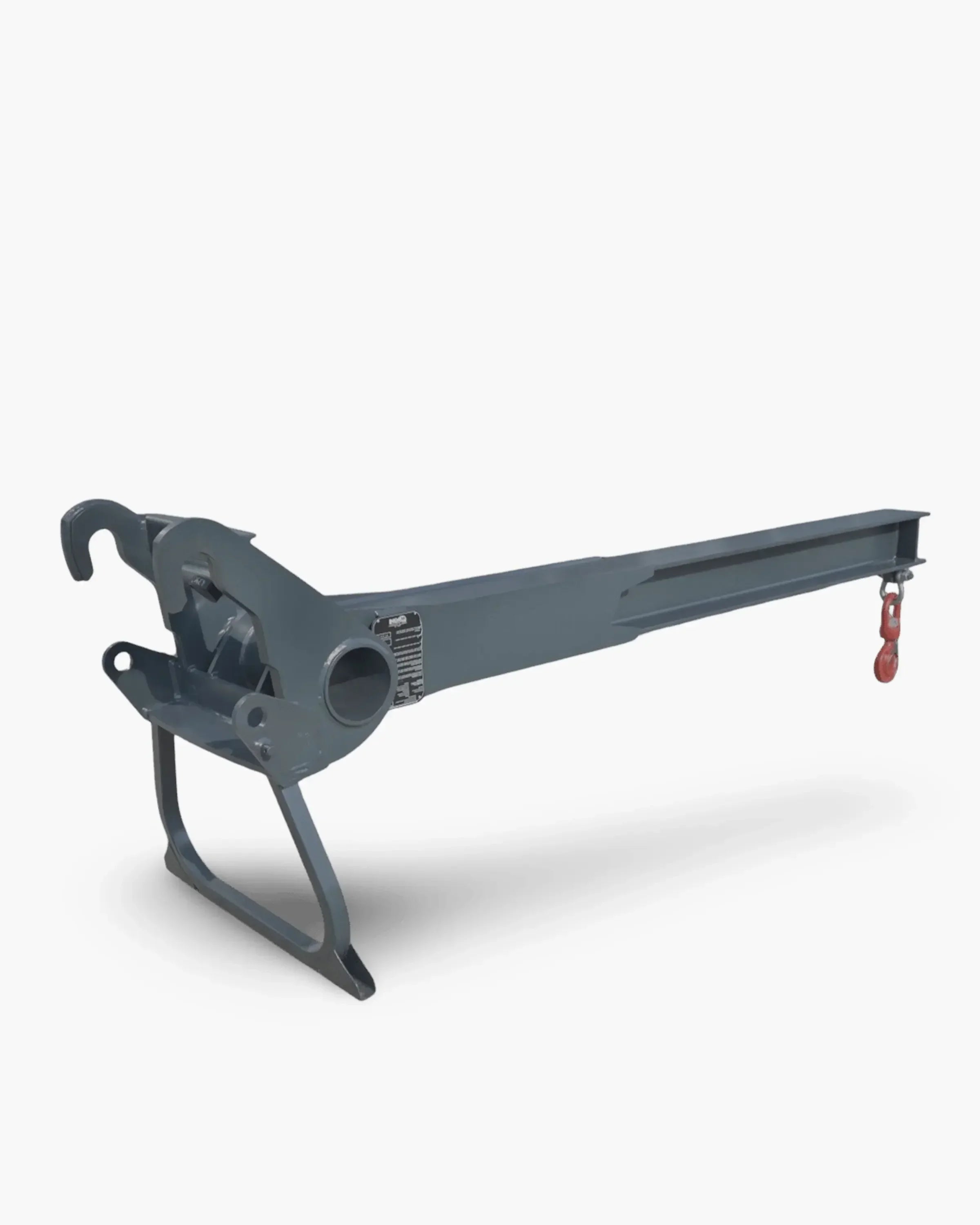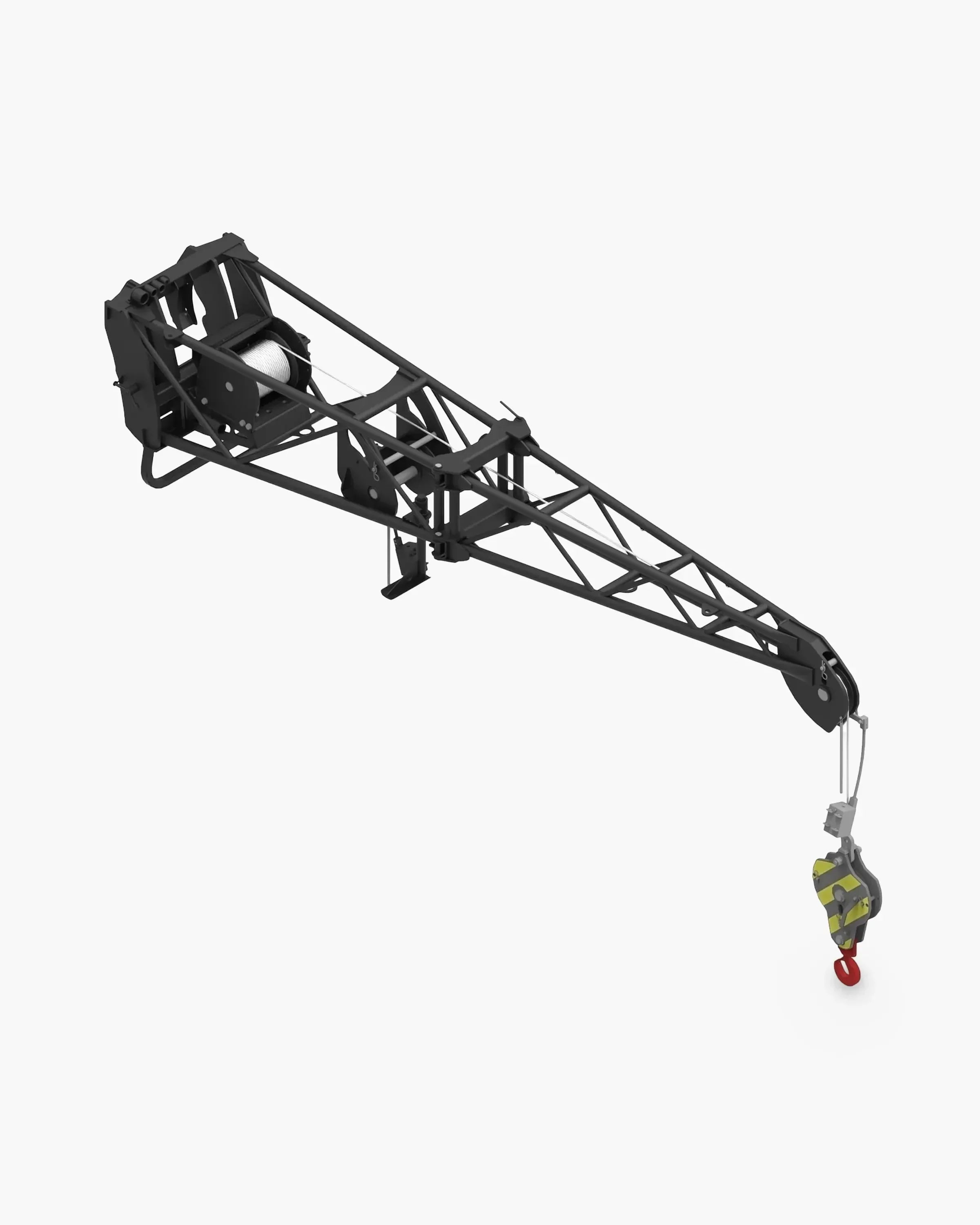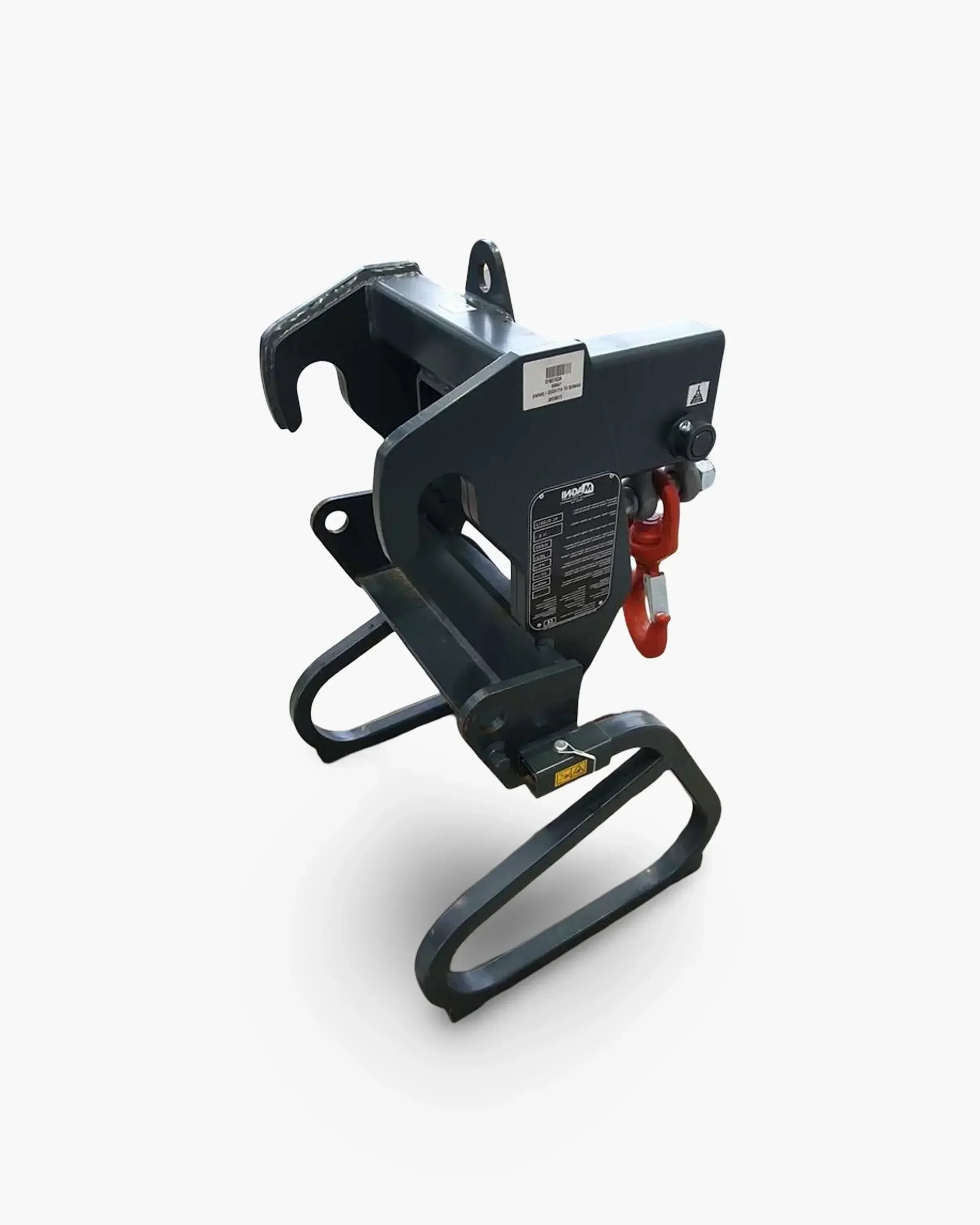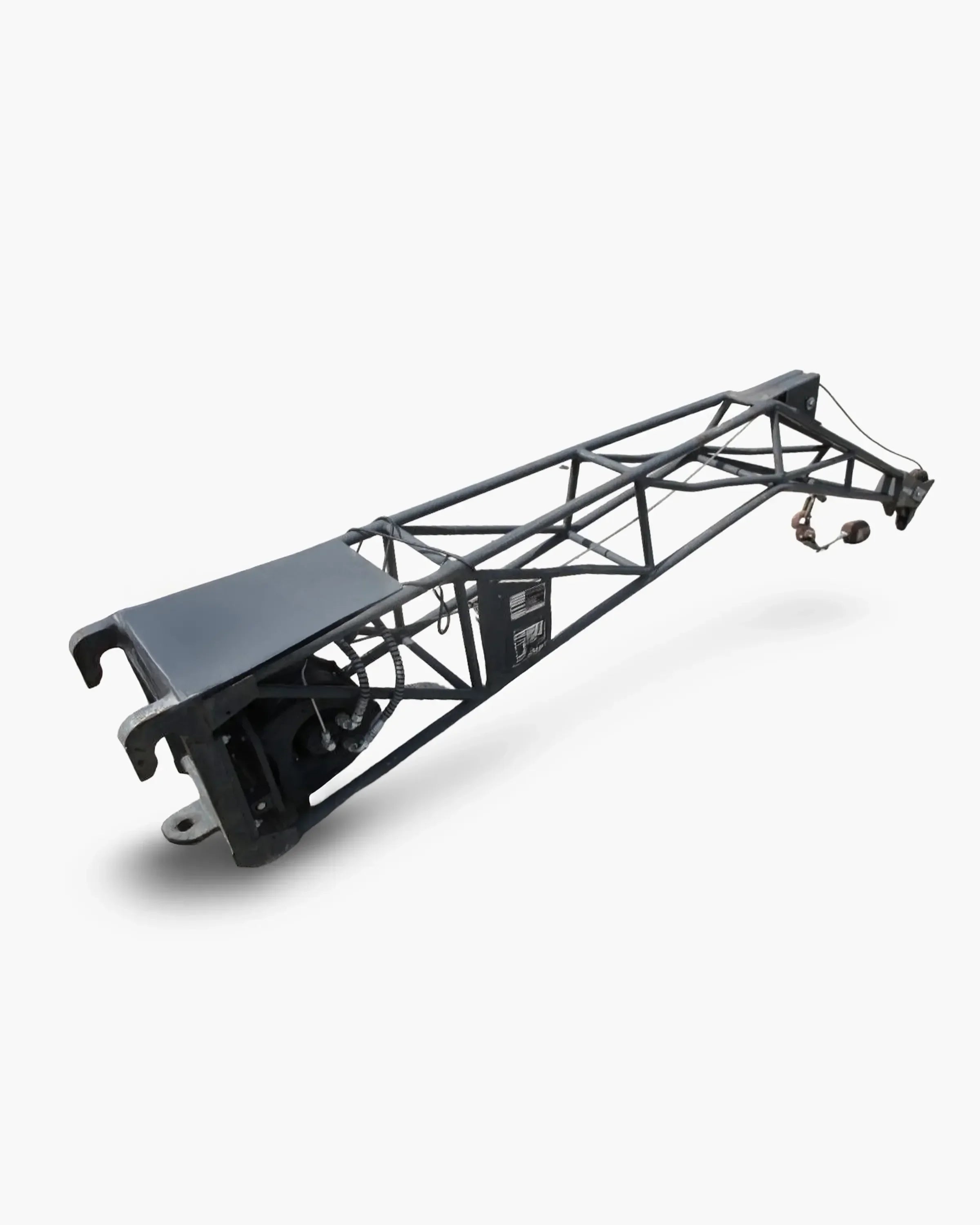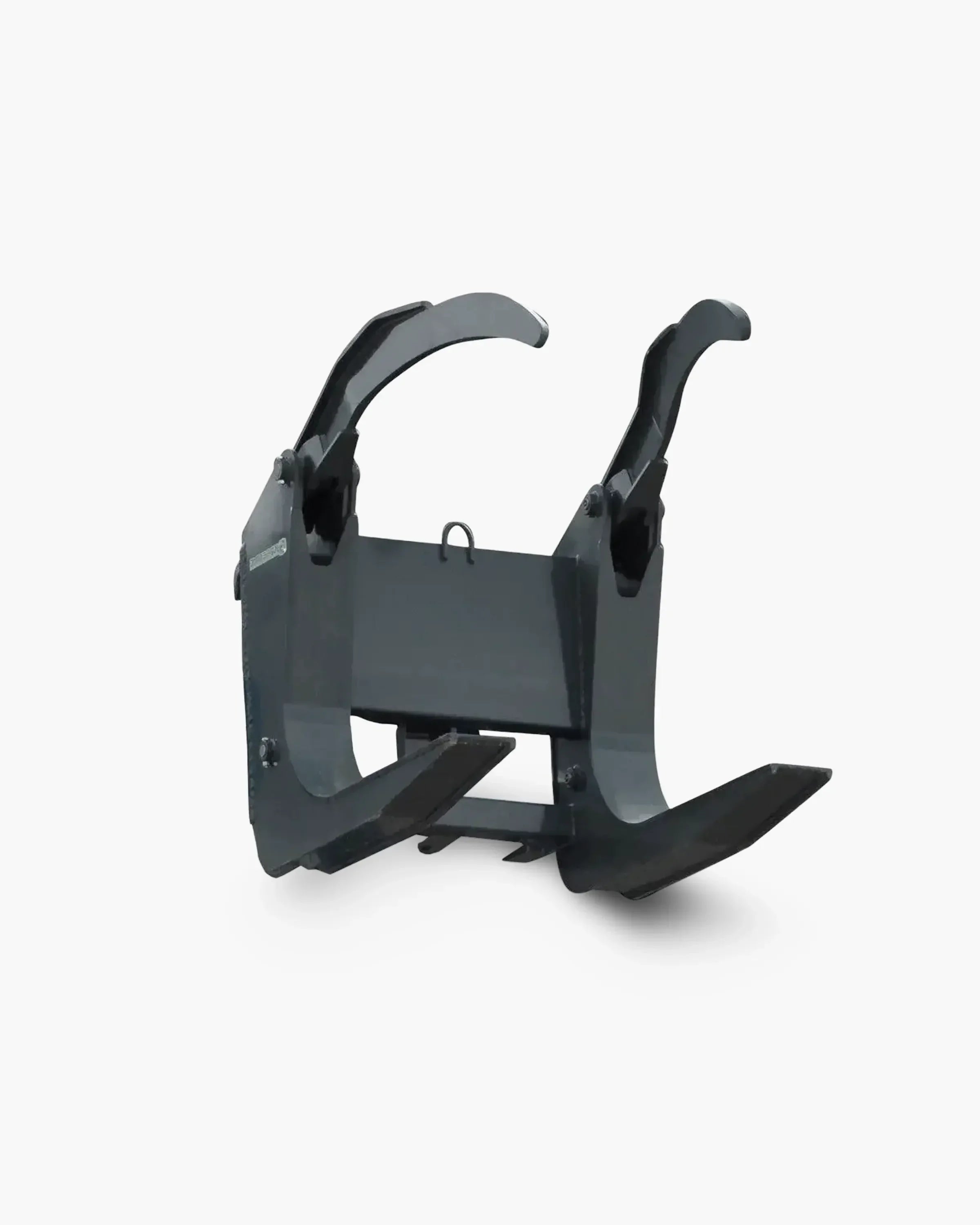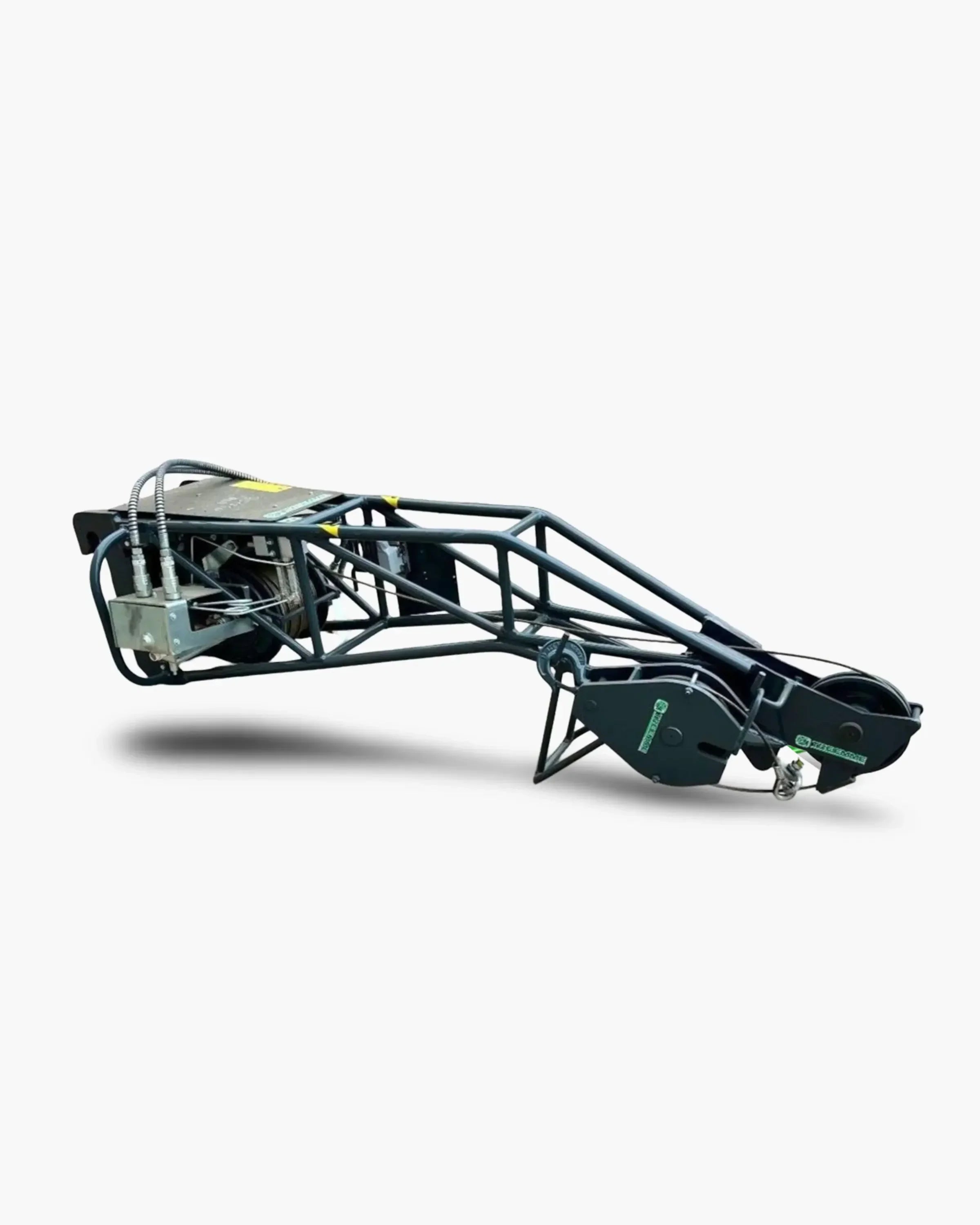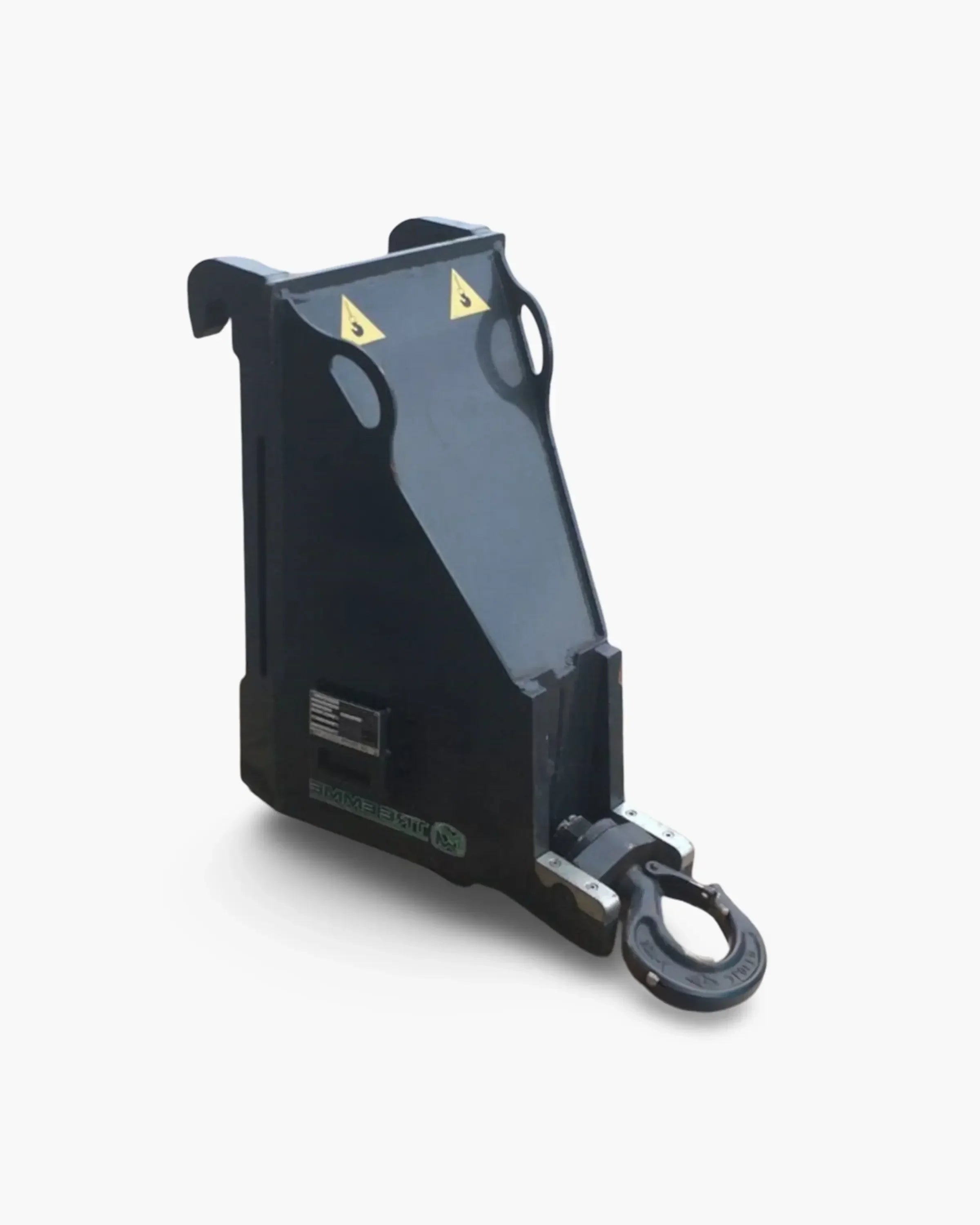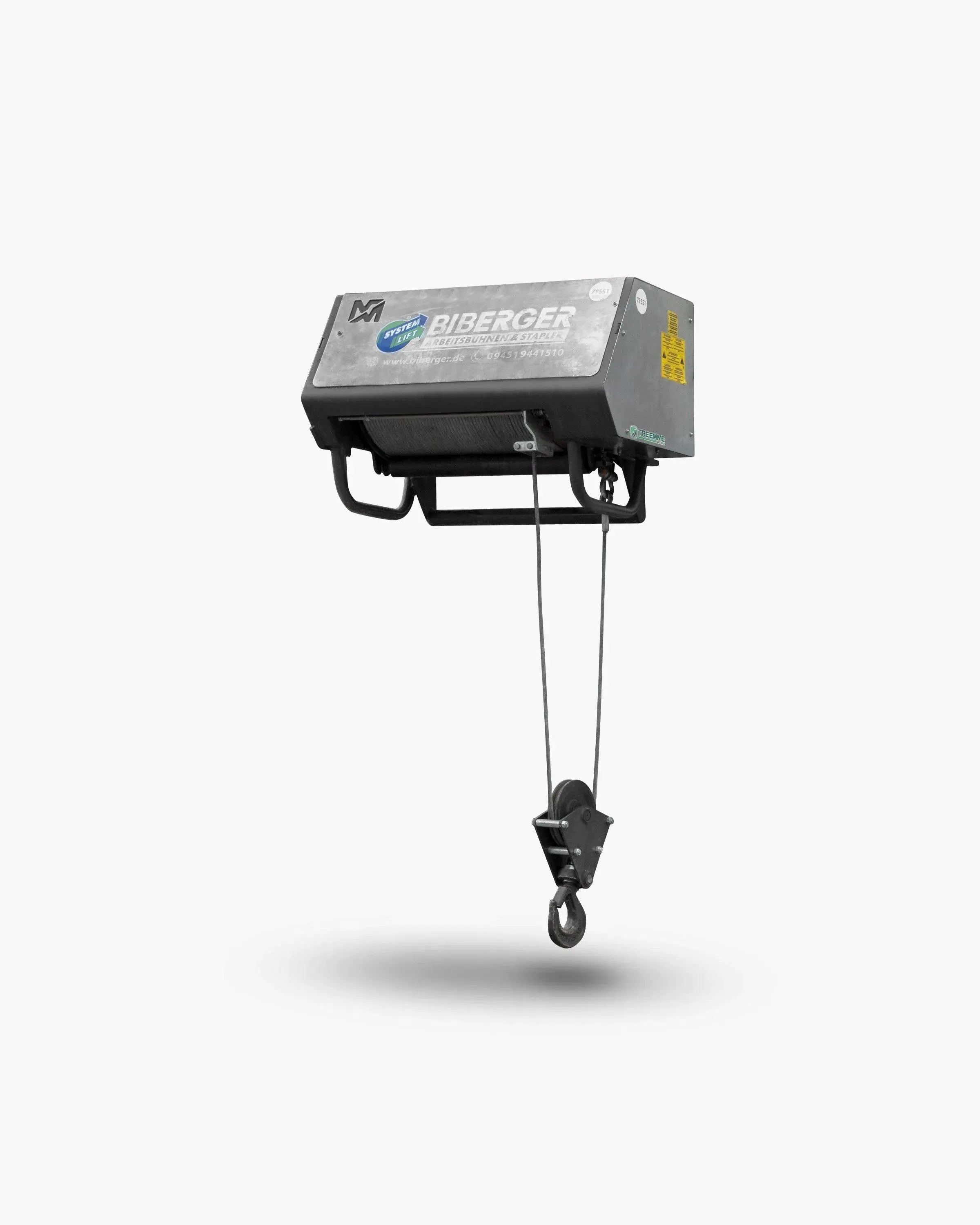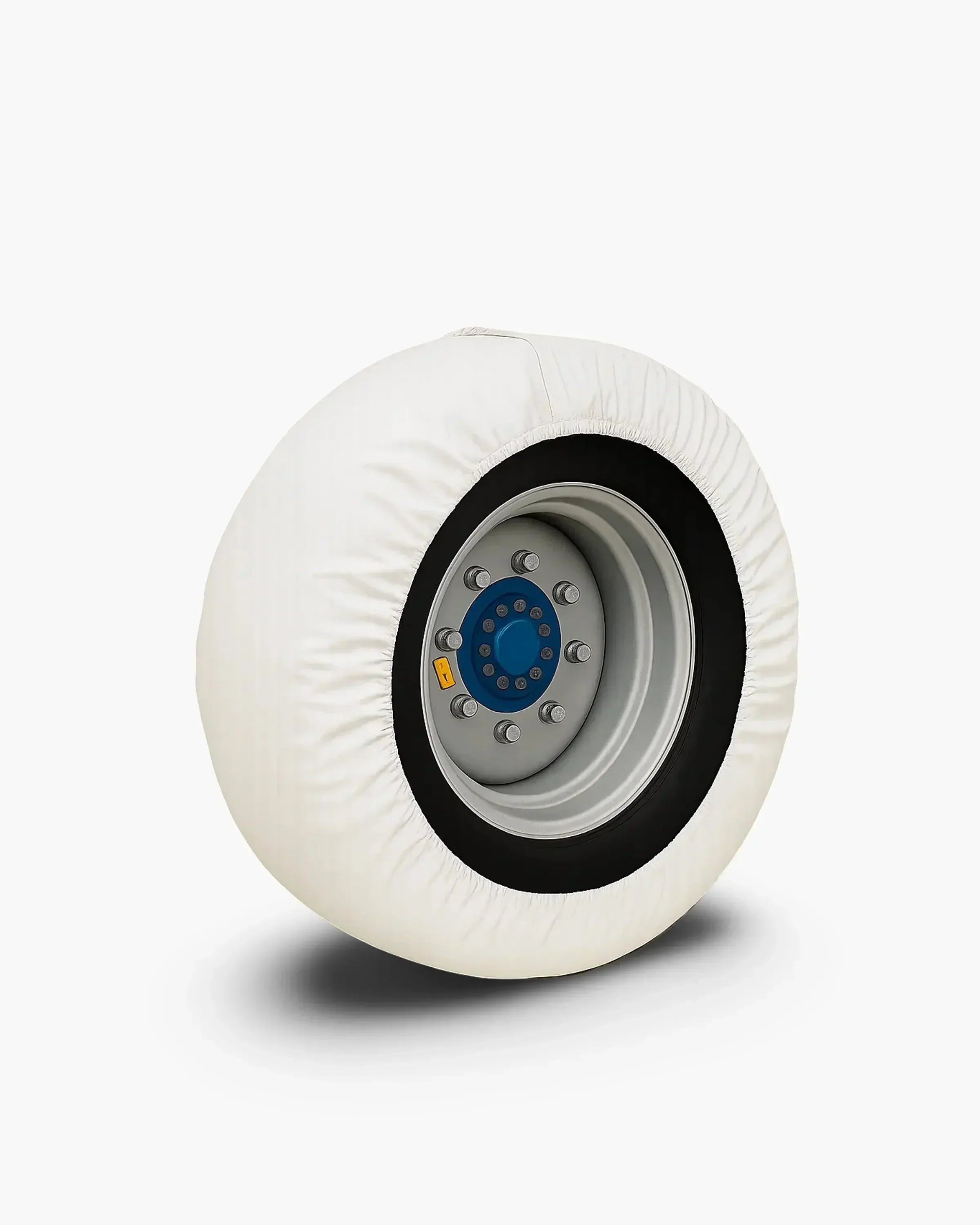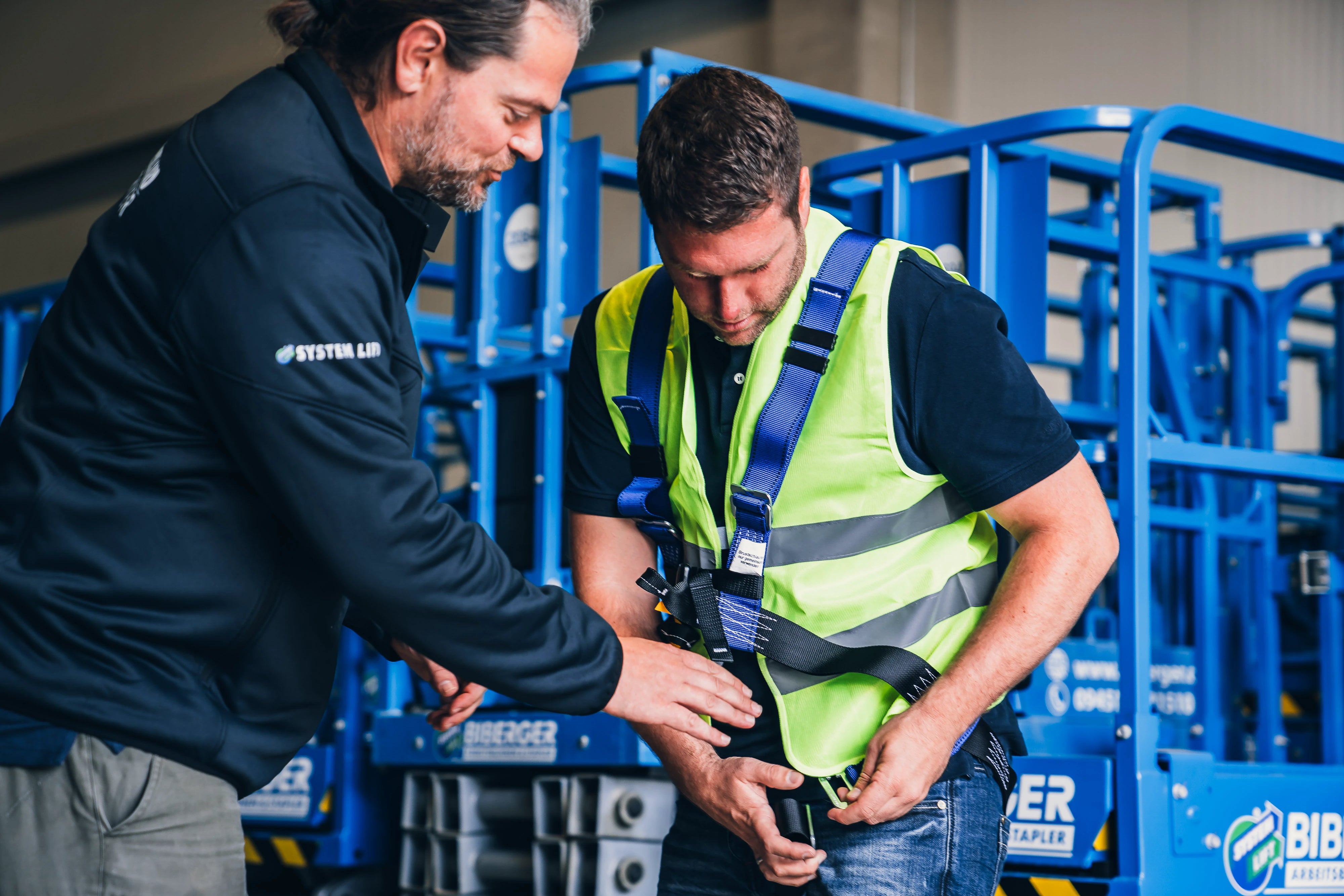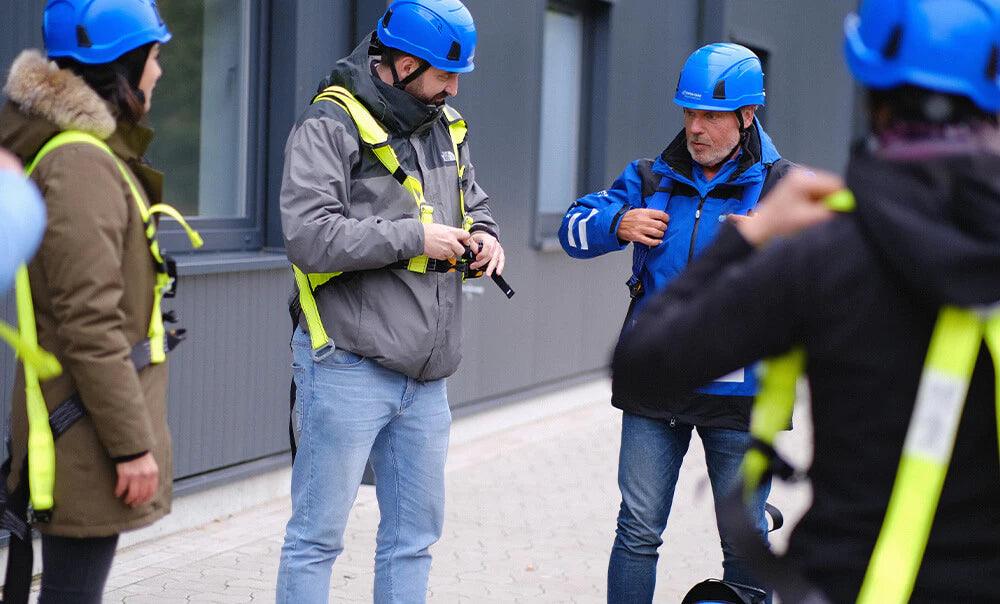Working at heights or in areas at risk of falling requires not only caution, but also sound knowledge and the right equipment.
TheSYSTEM-CARD® User PPEIt teaches you exactly that: a practical training inTheory and practiceso that you can act safely in any situation.
Contents of the PSAgA training
- Definition of PPE: Types and categories of personal protective equipment against falls.
- Hazard assessment: Planning for risk minimization, alternative uses and risk weighing.
- Legal aspects: Occupational Health and Safety Act (ArbSchG), Industrial Safety Ordinance (BetrSichV), Personal Protective Equipment Ordinance (PSA-BV), DGUV Rule 112-198 (BGR 198), BGI 826, BGI 5164.
- Technology: Safety systems, construction and components of personal protective equipment against falls from a height (PPEgA), anchor points, fall physics and materials science.
- Handling/Use:
Putting on and taking off PPE, correct fastening, procedure when
Overcoming platforms, emergency procedures, practical exercises with
controlled hanging in PPE. - Exit from height: Exit from the work platform into working position, procedure, suitable PPE and anchor points.
Why is PPE training so important?
Legal obligation:
ThePersonal Protective Equipment (PPE) Usage Regulations (PSA-BV)clearly stipulates that employees who havePersonal protective equipment against falls from a height (PPE)Users must be trained. Our training courses fully meet these legal requirements.
Occupational health and safety standards:
We work according to the strict guidelines ofDGUV rules 112-198 and 112-199This ensures that every training course meets the highest safety and quality standards – tested, recognized and proven in practice.
Our training categories at a glance
Category I – Basic training “Use of PPE against falls from height” (according to DGUV R 112-198)
In this basic training course you will learn how to use your protective equipment safely and the most important basics for working at heights.
Duration:approximately 1 day
Goal:Safe use of personal protective equipment against falls from height (PPEgA) in everyday work situations.
Category II – Advanced training “Rescue training” (according to DGUV R 112-199)
Here you will deepen your knowledge from the basic training and practice in a practical setting.Rescue techniquesFor emergencies. You will learn how to safely rescue yourself or colleagues after a crash.
Duration:0.5–1 day (depending on group size and requirements)
Requirement:Successful completion of Category I.
Your safety is our top priority.
With theSYSTEM-CARD® User PPEYou are ideally prepared to work safely at heights and to react correctly in an emergency.
Goal:No risk – just safety, routine, and trust in your equipment.
Category I Basic Training (Use of PPE against falls from height, DGUV R 112-198):
- Putting on and adjusting PPE (Part 1 of the exam)
- Correct use of the helmet, including settings
- Safety aspects when attaching to the basket (Part 2 of the exam)
- Practical exercise for self-discovery: Free hanging in a harness
- Use of lifestraps as an integral part of the exercise
- Demonstration of the correct squatting position
- Flowchart for safe high-altitude exit
Category II Advanced Training with Abseiling and Rescue Exercise (DGUV R 112-199):
- Understanding for theSuspension trauma– Impacts and necessary measures
- Active deploymentof the injured person into a crouching position
- Identify and explainthe components of the rescue equipment
- Rescue simulationsfor each participant
- Ground-level exercisesto demonstrate function and mode of operation
- Evacuation drillsandabseilingunder realistic conditions
- Exercises on scaffolding, towersor similar facilities
